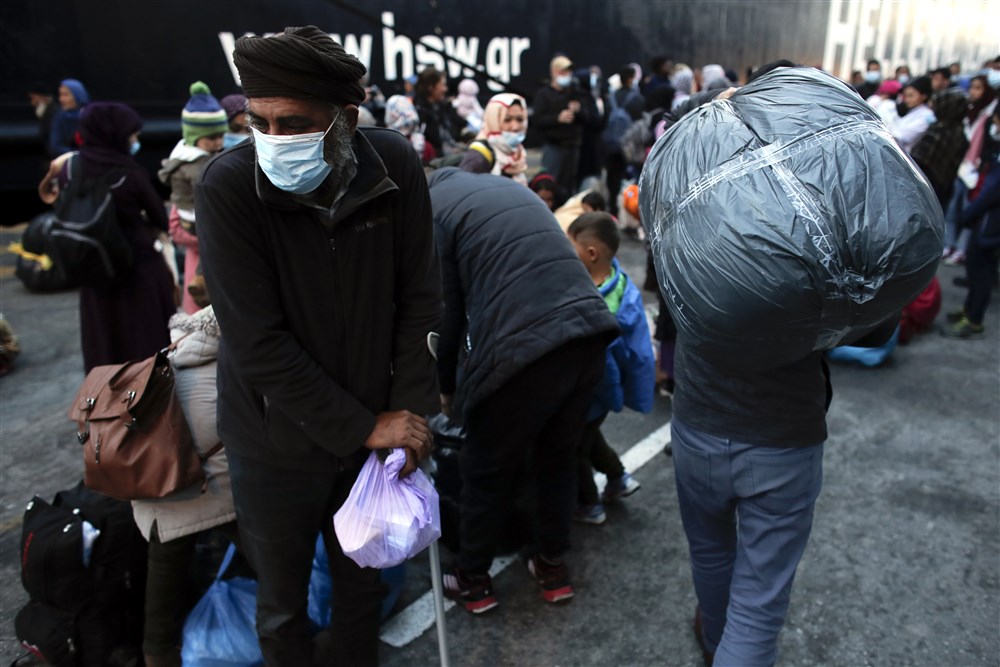A controversial electoral reform in Germany that threatens to wipe smaller parties from the political landscape has been approved by the Council of Europe.
While the Council’s subgroup for dealing with nations’ constitutional and legal matters – known as the Venice Commission – said on June 12 that the reform would not violate international law, it has caused concern in Germany, where opponents say it threatens smaller political groups.
The Council’s official opinion stated that while international standards did not rule out reform on the grounds that some domestic parties opposed them, it was, however, best to enact reforms with a broad consensus for the sake of electoral stability and legitimacy.
The reform was proposed by Chancellor Olaf Scholz’s centre-left government, and approved at a Bundestag vote in March – with 400 in favour, 261 against, with 23 abstentions. Previous attempts to overhaul the electoral system have failed due to parliamentary opposition.
The existential threat to smaller political parties arises as a result of the complexity of Germany’s electoral system, which uses a mixture of first-past-the-post direct elections and proportional representation: German citizens are given two votes.
In what is known as the ‘first vote’, 299 seats are won by the direct election of candidates in specific constituencies. A minimum of 299 other seats are then assigned by the ‘second vote’ in which Germans vote for a political party. Those parties are assigned seats based on the proportion of the nationwide second vote they win. This theoretically leads to a Bundestag with a minimum 598 seats.
However, because of imbalances between the percentage of direct-election seats won by parties and the percentage of the nationwide second vote they win, in practice this is hardly ever the case.
For example, if a party wins more in the second vote than it does in direct constituency elections, it is assigned extra ‘overhang’ seats to make sure its total number of seats reflect the overall vote share. If a party gains an amount of direct-election seats disproportionate to its national share of the votes, then the other parties are given ‘levelling’ seats to ensure that everyone’s overall seat-numbers reflect the national vote share.
Any party that wins less than five per cent of the national vote and no direct-election seats receives nothing. However, if a party wins at least three direct-election seats, it is then given more seats to reflect its total percentage.
This happened to the far-left Die Linke party at the last election, which only received 4.9 per cent of the national vote but did directly win three constituencies, and was subsequently given an additional 36 seats to reflect its national vote share.
Ultimately the result is that the Bundestag exceeds its 598-seat mark. It currently has a total of 736 MPs, making it the biggest directly-elected parliament in the world. Scholz’s reform plans to slash that number to a constant 630 seats.
For smaller parties this means that the three-seat-and-win rule will no longer be an option.
The Christian Social Union, sister party of the centre-right Christian Democratic Union which exclusively runs in the region of Bavaria is one smaller party facing oblivion. In the last election the CSU won nearly every direct-election seat in the state, receiving a total of 45 seats while polling at a little more than 5.1 per cent nationally. Under the new reforms this means one bad day of turnout in Bavaria could spell the end for the CSU.
“You set out to shrink the German parliament; what you’re doing now is shrinking the opposition in this parliament,” said one CSU lawmaker when the reform vote was approved.
As of last week the CSU-led Bavarian government planned to challenge the reform’s constitutional legitimacy in the German Federal Supreme court, while in Berlin the CDU/CSU Bundestag is demanding it be checked by an independent review group.





